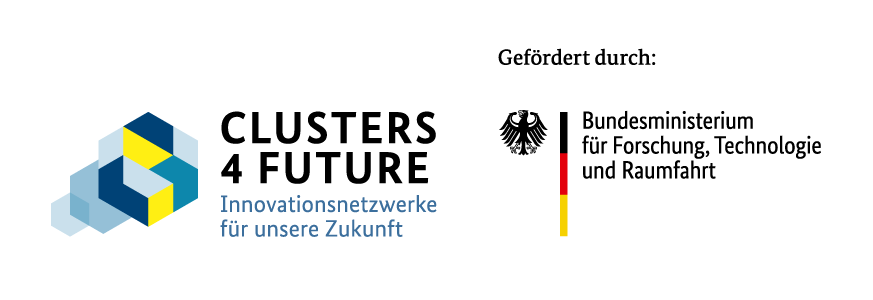We researched how social justice, mobility and participation are connected for a mobility transition in Munich. We also worked with residents on Piusplatz to design public spaces and local mobility options.
Using a mobility (in)justice atlas and a survey with questionnaires, we want to make injustice visible, for example with regard to access and accessibility of means of transport and public facilities and burdens. In participation formats, workshops and campaigns with residents at Piusplatz, we have redesigned the space and mobility options in concrete terms.
Because we want to actively contribute to a future of mobility and a mobility of the future in Munich in which everyone can participate.
Munichand in the Piusplatz research quarter, Berg am Laim.
A dedicated team of experienced partners from science and urban stakeholders.
No results available
Want to shape the future of mobility with us?
Then please get in touch with us.

What is MOSAIQ?
Imagine something: There is more space for people. The streets have more trees and plants. Everyone can get around better. That's how your Schwabing-West district could be in the future. How would you like your district to be? We want to talk to you about it!
The project is called MOSAIQ. MOSAIQ is a research∙project. MOSAIQ means: Mobility and urban climate in the future city∙part. The Technical University of Munich is leading the project.
What is MOSAIQ about?
MOSAIQ wants to make the streets in the city∙part more beautiful. People should feel comfortable there. There should be more space. For meetings and plants, for example. You can help decide what is tried out in the Stadt∙teil. The ideas come from you. Some ideas will be tried out on the streets for a certain period of time.
The aim of MOSAIQ is to make urban districts good places to live.
At the same time, the climate in the city should improve. And people should be able to move around the city easily.
What is happening in the district?